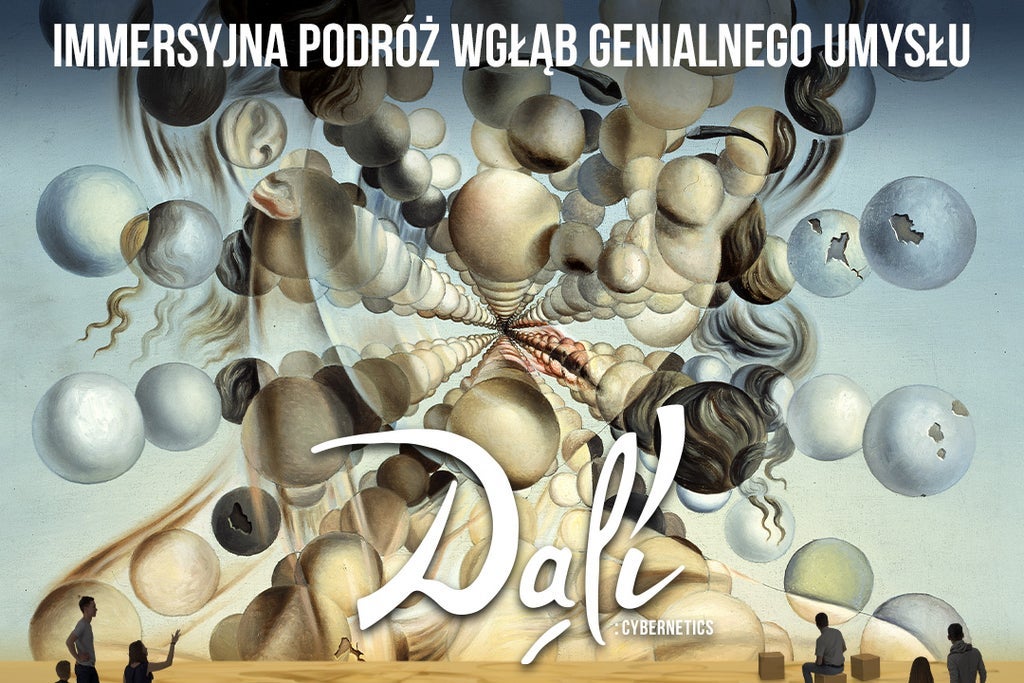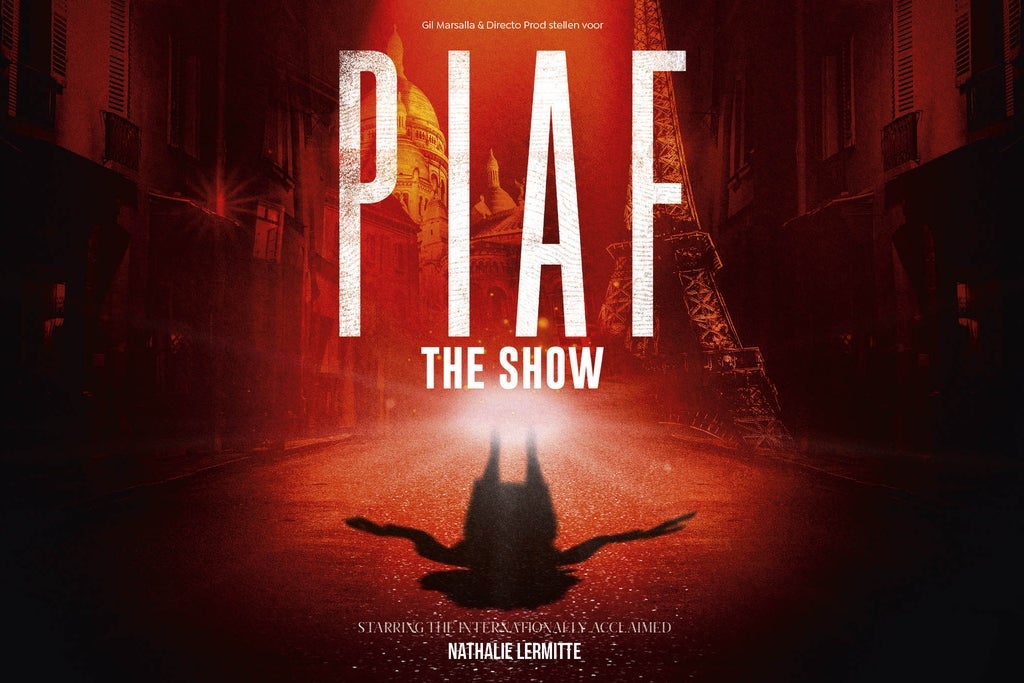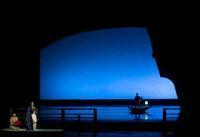He’s rich, handsome, hungry for ever new erotic conquests; she’s beautiful, poor, trusting, madly in love. They are the protagonists of a story as old as the world, its schematic structure verging on banality. However, it is a plot excellent for uplifting repetition by opera composers, and many before Puccini did copy it. The Italian composer tossed the story into Japanese surroundings, highlighting them with references to traditional music from the Land of Cherry Blossoms, only to completely abandon the “made in Japan” poetics elsewhere. Mariusz Treli?ski did much the same in his (large stage) opera debut, which could actually explain the great mystery of its spectacular success in Poland, the United States, Russia, Israel, Italy, Spain and Oman. Giving up realistic details but not that special Japanese atmosphere, the director – supported by Boris Kudli?ka’s phenomenal stage design – very subtly invoked the convention of Kabuki theatre but also Robert Wilson’s theatre and, finally, his own experience with film. This cultural melange of different arts and inspirations has resulted in a show of historical importance that in a way splits the contemporary history of Polish opera productions into what came before and what came after the premiere of Butterfly by Treli?ski and Kudli?ka.
Cast and Creative team for Madame Butterfly at Teatr Wielki - Opera Narodowa, Moniuszko Auditorium
Direction: Mariusz Treli?ski
Set Design: Boris Kudli?ka
Costumes: Magdalena Tes?awska, Pawe? Grabarczyk
Movement: Emil Weso?owski
Chorus Master: Bogdan Gola
Lights: Stanis?aw Zi?ba
cast:
Madame Butterfly - Alketa Cela
Suzuki - Hanna Hipp
Kate - Aleksandra Or?owska-Jab?o?ska
Pinkerton - Jacek Laszczkowski
Sharpless - ***
Goro - Mateusz Zajdel
Yamadori - Krzysztof Szmyt
Bonzo - Mieczys?aw Milun
The Imperial Commissioner - ?ukasz Motkowicz
Videos
|
Dianys Show
National Theater Central (5/30 - 8/1) | ||

|
Dali Cybernetics - wystawa immersyjna
Art Box Experience (1/15 - 3/16) | |

|
Piaf! The Show
Sala Ziemi Poznań CongressCenter (4/28 - 4/28) | |

|
RODZINNE OPROWADZANIA DLA DZIECI 5-12 LAT
Art Box Experience (1/19 - 3/16) | |

|
Brel! Le spectacle
Aula Artis (12/9 - 12/9) | |
| VIEW SHOWS ADD A SHOW | ||
Recommended For You



